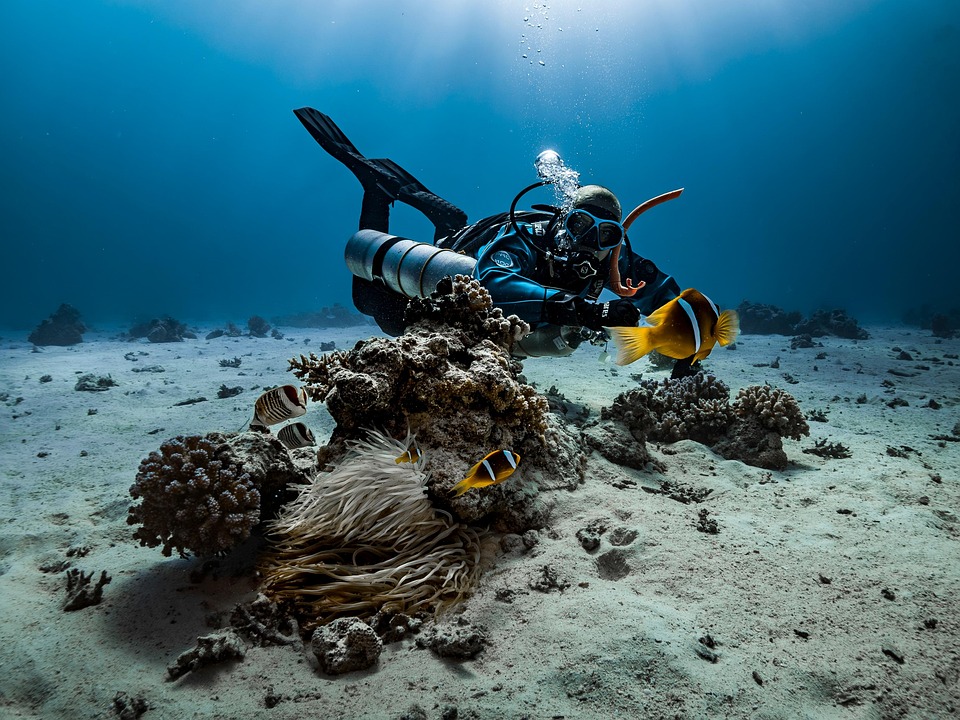Crafting an Impressive Cover Letter for Marine Biologists: Tips and Examples for Success
The world of marine biology is as vast and intricate as the oceans themselves, teeming with life and brimming with opportunities. Yet, even the most passionate and knowledgeable marine biologist can struggle to secure their dream position without a compelling cover letter. This vital document serves as your introduction, a chance to showcase not only your qualifications but also your enthusiasm for the field.
Understanding the Role
When applying for a marine biology position, it’s paramount to grasp the specific requirements of the role. Whether it’s a research position, a conservation role, or an academic appointment, each will demand a slightly different approach. Familiarise yourself with the organisation’s mission and current projects. Tailoring your letter to align with their goals can set you apart from the competition.
-
Research the Institution: Dive deep into their recent publications, conservation efforts, or educational programs. This knowledge allows you to weave relevant details into your cover letter, demonstrating that you are not just a qualified candidate but also a thoughtful one.
-
Highlight Relevant Experience: A strong cover letter should reflect not just what you have done, but also how it relates to the position at hand. Discuss specific projects or experiences that showcase your skills in data analysis, fieldwork, or public engagement.
Crafting Your Narrative
Your cover letter is not just a list of achievements; it’s a narrative that weaves together your experiences, passions, and aspirations in marine biology.
-
Engaging Opening: Start with a captivating sentence that draws the reader in. Perhaps share a personal anecdote about your first encounter with marine life or an inspiring moment during your studies.
-
Showcase Skills and Attributes: Use the body of your letter to highlight key skills such as teamwork, critical thinking, or resilience. For instance, if you’ve worked on a collaborative research project, explain your role and the outcome. This offers tangible proof of your capabilities.
- Express Your Passion: It’s vital to communicate your dedication to marine conservation and research. A genuine expression of your love for the ocean and its inhabitants can resonate deeply with hiring managers, who often seek candidates with a heartfelt commitment to the field.
Closing Strongly
Your closing paragraph is your final opportunity to leave a lasting impression. Reiterate your enthusiasm for the position and your eagerness to contribute to the team. A well-crafted closing can reinforce your suitability and commitment.
- Call to Action: Encourage the reader to consider your application seriously, perhaps by expressing your desire for an interview to discuss how you can contribute to their objectives.
- Polish Your Presentation: Before submitting, ensure your letter is impeccably formatted and free from errors. A clean, professional presentation speaks volumes about your attention to detail—a crucial trait for any scientist.
In the realm of marine biology, where passion and expertise intertwine, a well-crafted cover letter can make all the difference. By weaving together your unique story, demonstrating your understanding of the role, and showcasing your fervour for the marine world, you can create a letter that captivates and compels.
As you embark on this journey of crafting your cover letter, remember that CVPortal is continuously bringing you a wealth of quality CV references to aid you in your professional pursuits.


